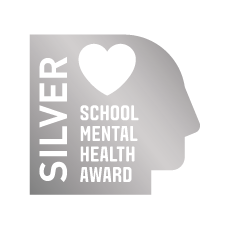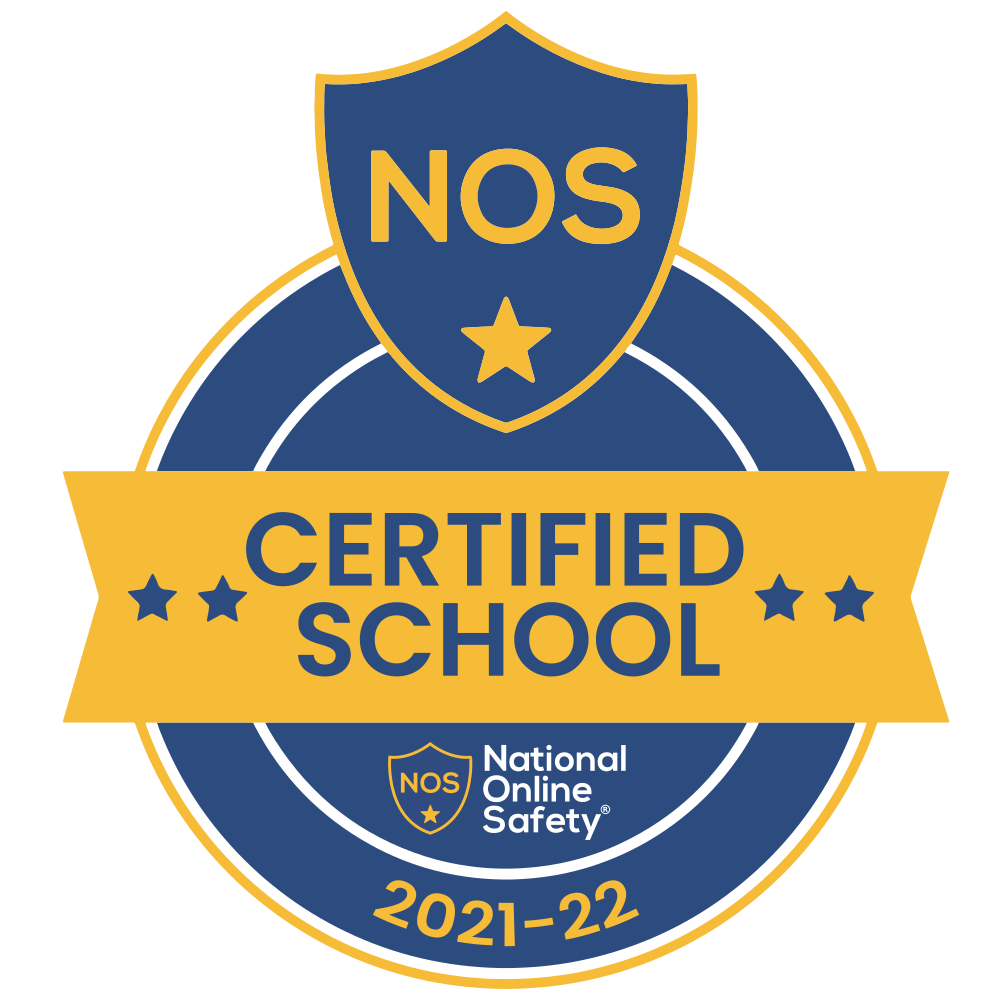Computer Science
Computer Science – Curriculum Adventure
Our vision is that students understand the mechanisms of the digital systems that permeate their world and are equipped with the language and are sympathetic of information technology systems in the workplace and available in life. With the curiosity of systems within systems and big data, our students will leave with an appreciation of the extent of their digital wake and the laws that surround them.
Key Stage 3 sees students learning with a spiral curriculum developing their understanding year on year.
Key Stage 4 offers a full OCR GCSE in Computer Science.
Key Stage 3
Our students are provided with a selection of projects and topics covering all 9 strands of the National Curriculum through their Computing lesson, timetabled once per week.
Vocabulary and key words and phrases are a focus across all year groups where students create a glossary of the key terms which they use in contexts that are relevant to the unit of work they are studying. This gives students the opportunity to engage with more complex materials, develop their reading skills.
The literacy engagement at Da Vinci Academy will educate the students to the context specific terminology and how alternate meanings are understood in other arenas.
Key Stage 3
Year 7 topics comprise:
- Introduction to the computing lab, Office 365 focusing on Outlook and respectful communication and websites for potential blended learning.
- Desktop applications including PowerPoint presentations, Word documents, Excel data management and presentation.
- Research on the internet and the determination of trustworthy sites, understanding the internet.
- Digital footprint and cyberbullying.
- Computer networks and the internet.
- Programming in a drag and drop integrated development environment using sequencing, iteration, selection, variables and lists.
Year 8 topics build from the Year 7 work to a greater depth:
- Understand the term “computer” and what they entail, how do they compute and how data is stored.
- Understand the binary and denary number systems.
- Understanding the internal hardware and Boolean operators to understand the logic gates for circuit construction.
- Describe and use HTML and then CSS to develop personal web pages and refer back to internet safety.
- Mobile App development.
- Programming in a text based coding environment.
Year 9 topics build further on the foundations of year 7 and year 8 securing the student’s knowledge prior tYear 9 topics build further on the foundations of year 7 and year 8 securing the student’s knowledge prior to choosing Computer Science at GCSE. These include:
- Multimedia development and animation understanding filmmaking techniques replicated by design using software.*
- Big Data, the data cycle, data handling using Excel.
- Cybersecurity, how computer systems are attacked and defensive programming. Understand the Acts surrounding computing and the safety of users and their data.
- Computing outputs and how pictures are generated, how sound is created, how movement is created.
- The moral dilemmas of automation, shared data, shared licences; and understanding copyright, plagiarism and data protection laws.
- Programming projects using the text based coding environment.
Enrichment Opportunities
A coding club is available on Mondays after school during the school year.
Key Stage 4
The full Computer Science GCSE via OCR is available as an option as a two year course.
This will comprise:
- Computer hardware
- Network hardware and protocol
- Moral, legal and environmental concerns
- Computational logic
- Algorithms
- Programming techniques
- Data Representation
These aspects will be assessed in 2 papers, one and a half hours long each.
The full Computer Science GCSE via OCR isavailable as an option as a two year course.
For further information, please follow this link: https://www.ocr.org.uk/qualifications/gcse/computer-science-j277-from-2020/specification-at-a-glance/



